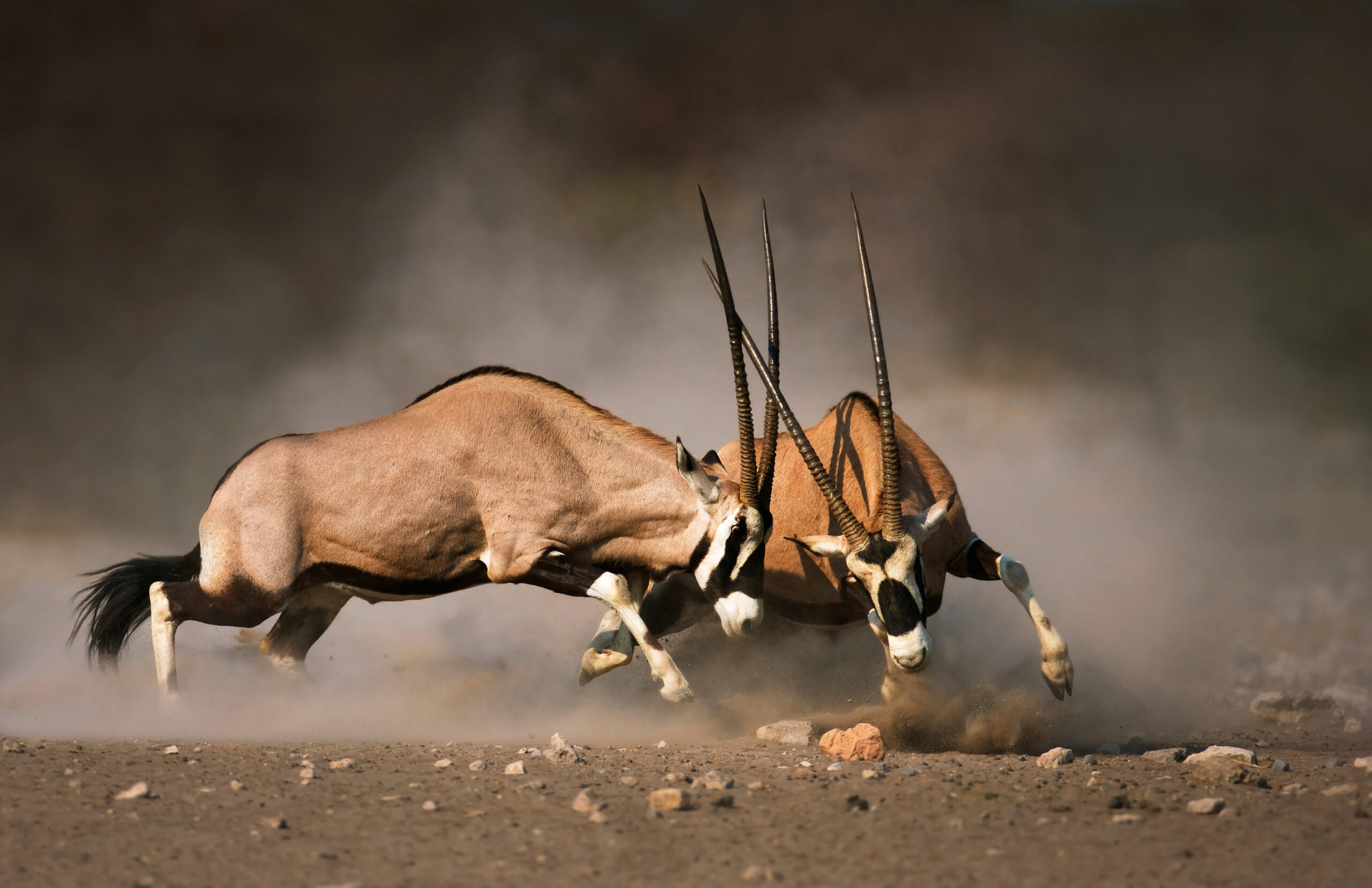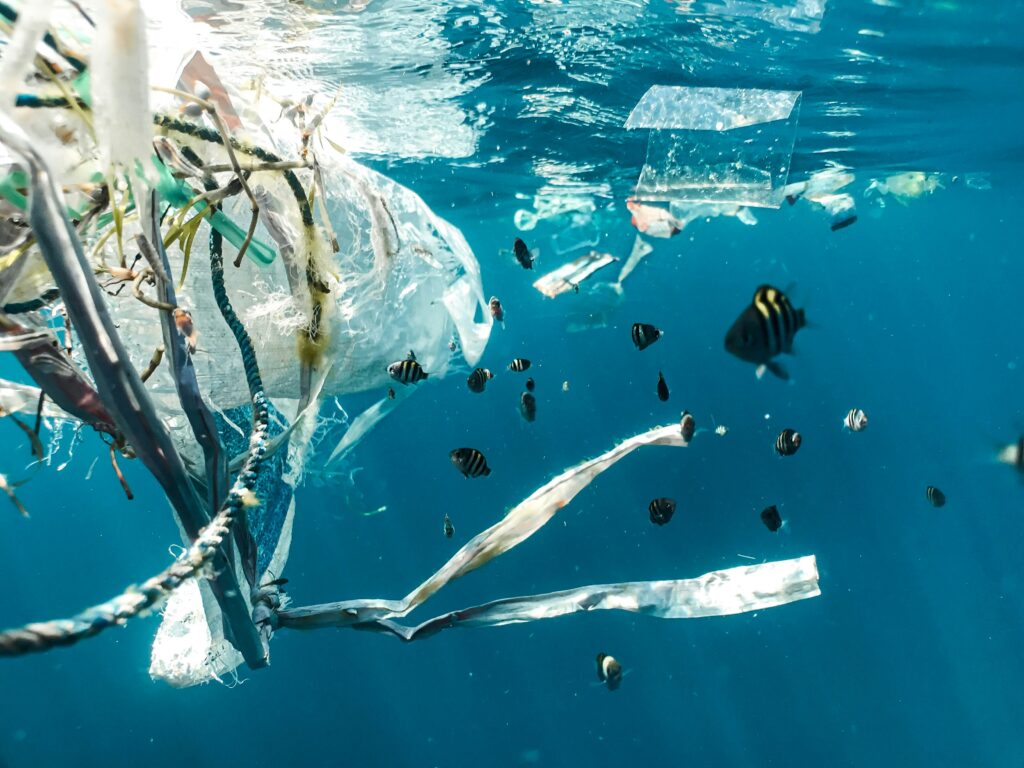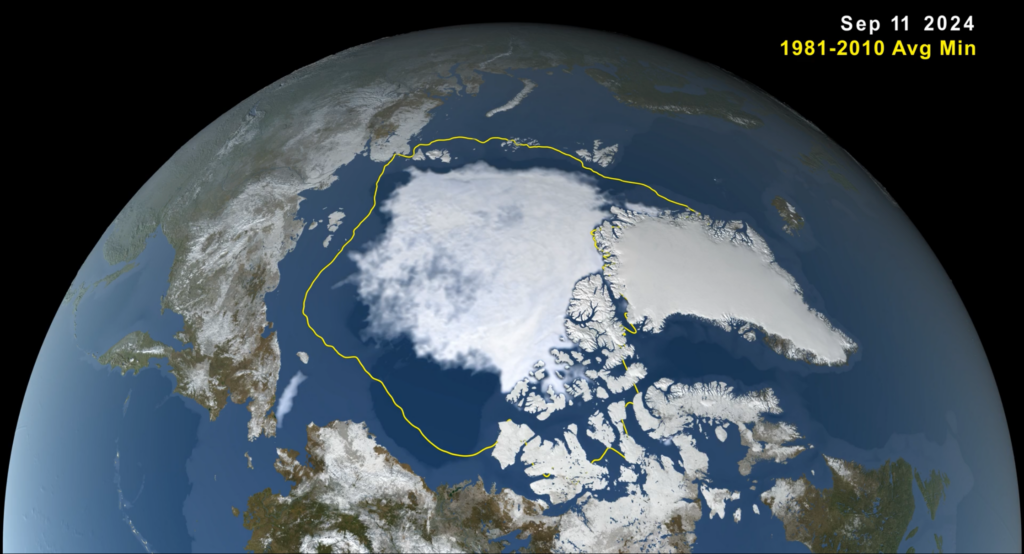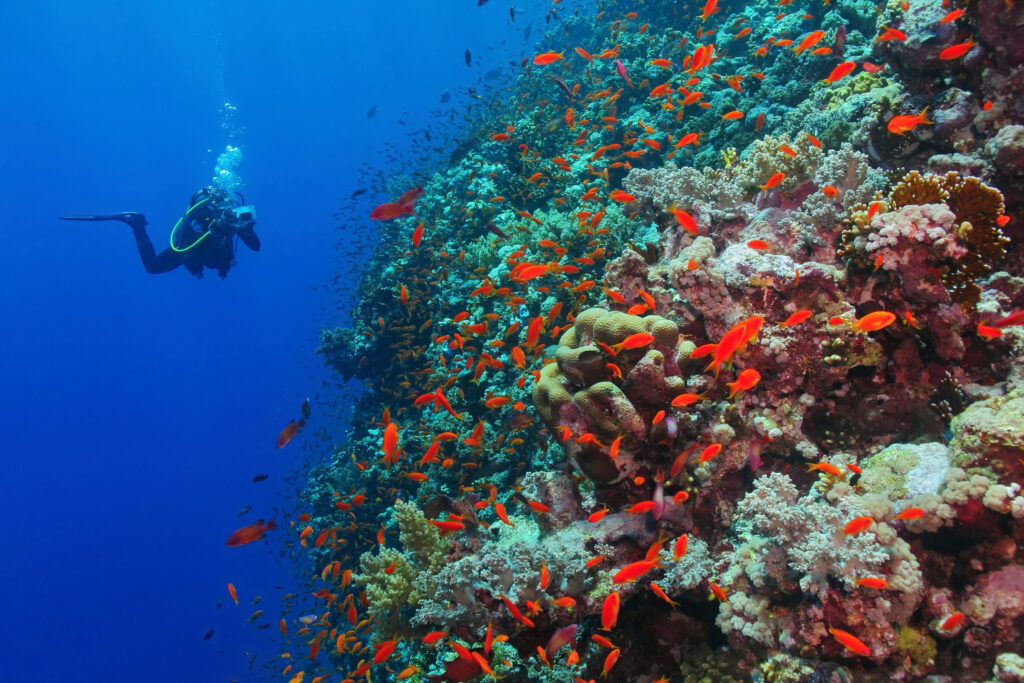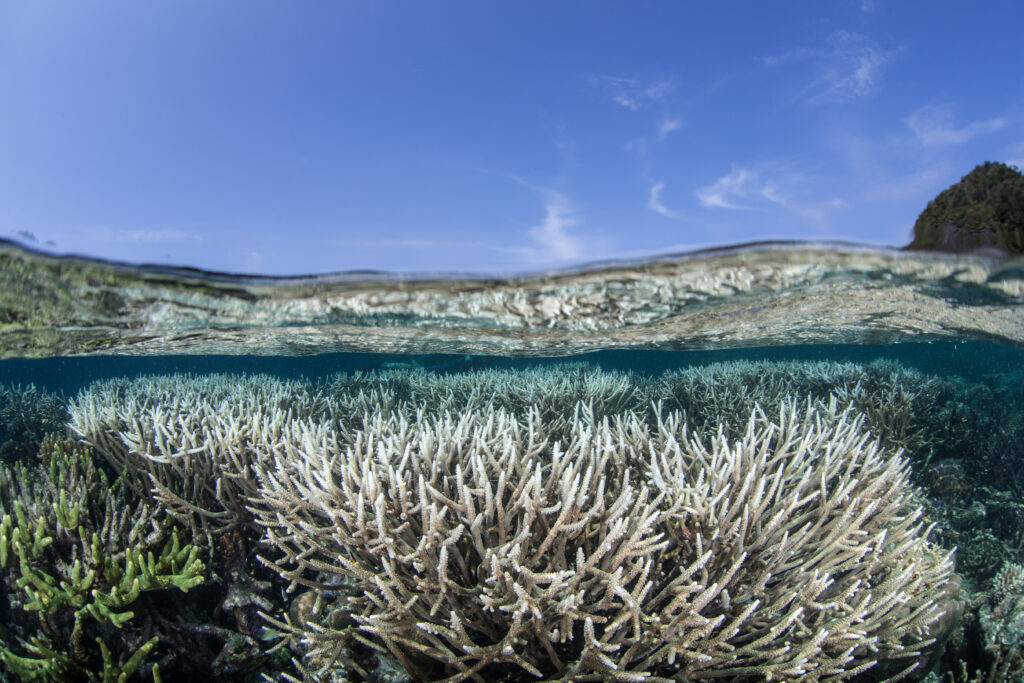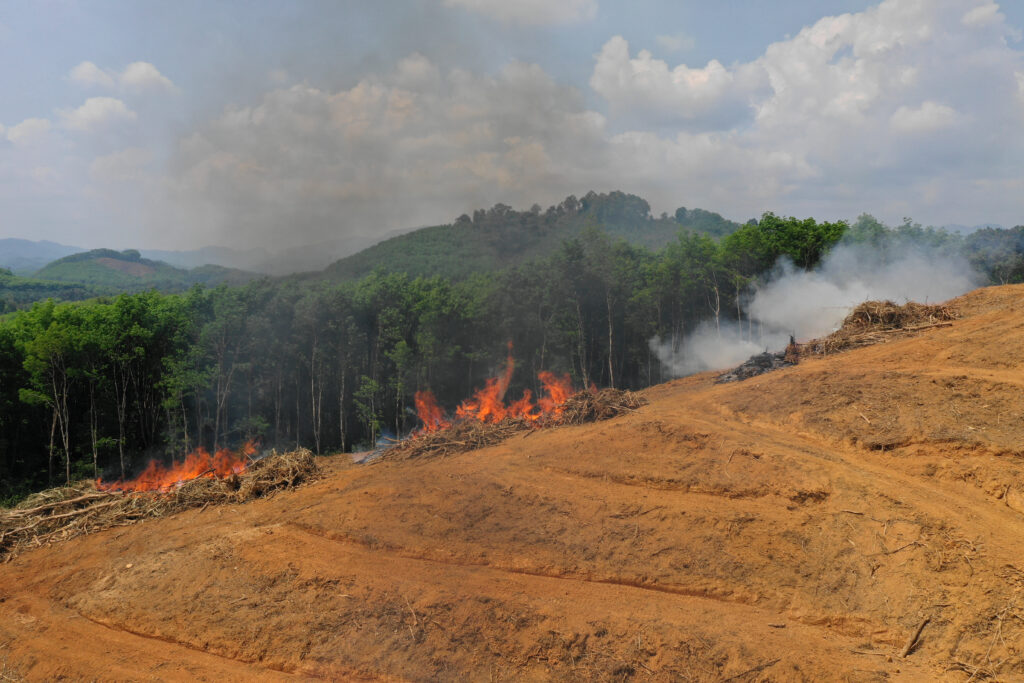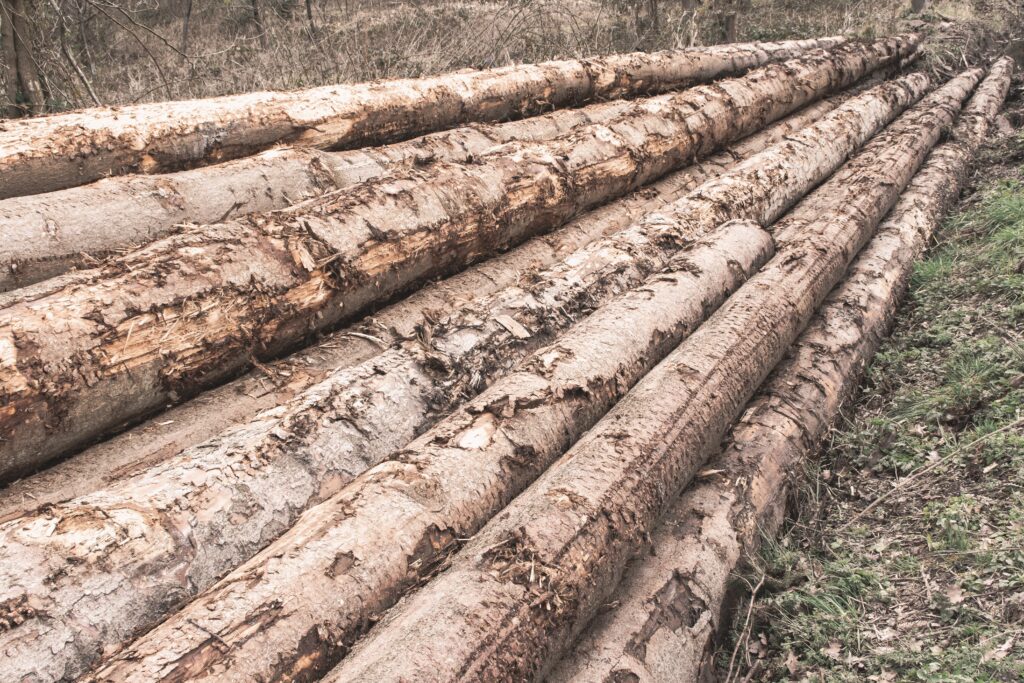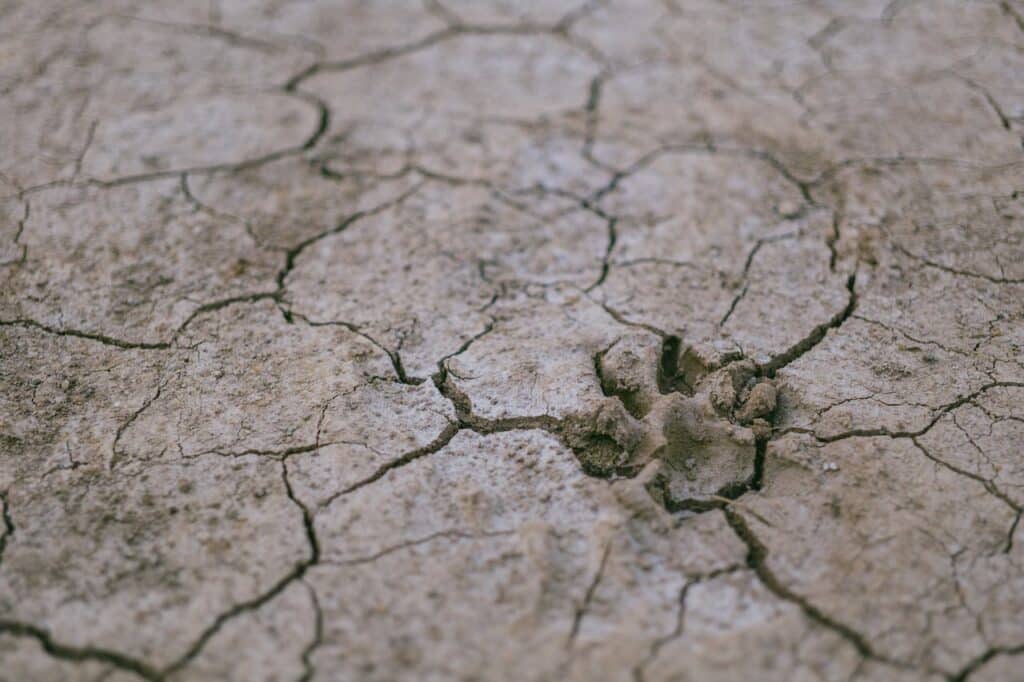Animal species across the planet have been in a dismal decline for decades, a trend that has arguably worsened in the post-industrial revolution. At no point in history, a new study in the journal Biological Reviews asserts, has a single factor – humans – been responsible for extinctions and global biodiversity crisis across the planet.
The groundbreaking study analysed 71,000 species, ranging from mammals and birds to amphibians and insects. It found that 48% of species numbers are undergoing a dramatic decline, with only 3% experiencing an increase. The remainder were labelled cautiously as “stable”. Amphibians, for example, saw the highest drops, with a 63% decline, while mammals weren’t far behind, seeing population decreases of around 56%. The authors warned that there are, as the study’s title and data suggest, “more losers than winners”.
One of the study’s authors, Daniel Pincheira-Donoso, said the disparities between declining, stable and increasing species numbers were much worse than initially thought and that the leading cause of the striking declines is habitat destruction.
Unsurprisingly, most species losses were in the tropics in places like Southeast Asia, South America and Africa where land use changes, like palm oil plantations and cattle farming, lead to deforestation to sate the appetites for consumer products in mostly rich countries, and increasingly so in low-to-middle income countries like China.
The Causes of Extinction and the Biodiversity Crisis
The losses of biological diversity the planet is experiencing are akin to what authors like Elizabeth Kolbert call the sixth extinction, referencing the five previous mass extinctions the Earth went through over geological timescales of hundreds of millions of years. Past extinctions were largely the cause of multiple factors combined that led to significant pressures on biodiversity.
The biodiversity crisis today, however, comes down to a single contributing factor: humans. The study’s authors assert that this is the first time in the planet’s history that only one element has led to so much loss. One unsettling fact is that today’s extinction rates far outpace “background extinction rates”. In other words, endangered species are disappearing quicker than new ones appearing. Pincheira-Donoso and his colleagues warned that their findings “reinforce the warning that biodiversity is on the brink of an extinction crisis.”
While the study analysed a comprehensive number of species, the authors noted a distressing finding that may lead to greater causes for concern: a massive lack of data. Insects, which play vital roles in entire ecosystems and agriculture in terms of composting and pollination, were the worst off. The lack of data on insect species, the study argues, could mean that the extent of population declines may be much worse. The authors argued that the “likelihood that these populations will be increasing is low”. Amphibians, and some other species, fall into a similar conundrum.
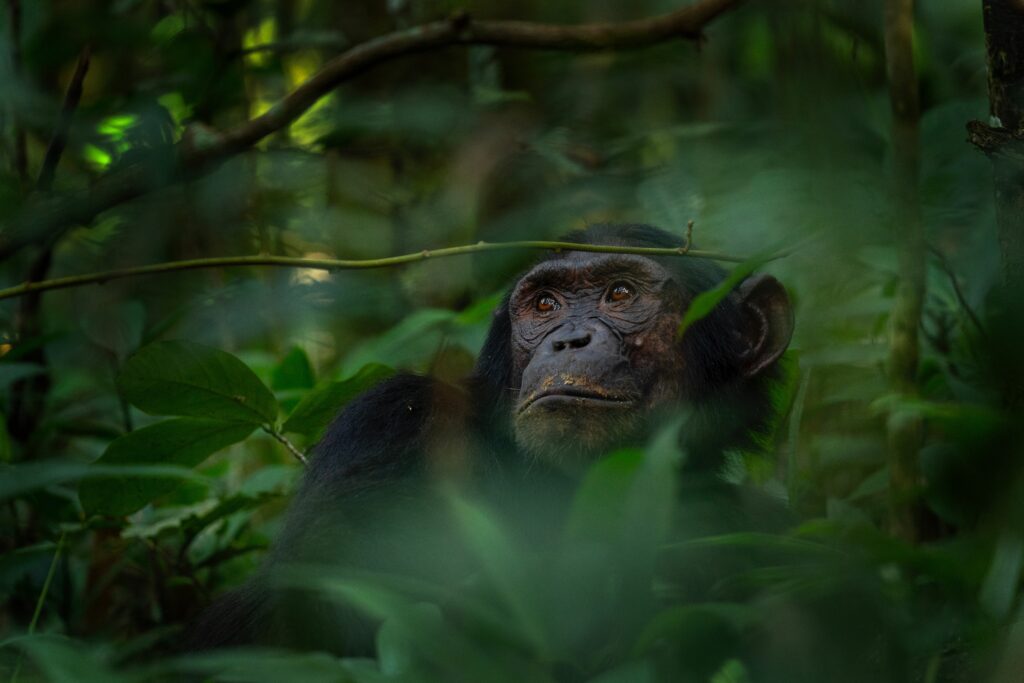
Planetary Boundaries and Climate Change
The extent of the challenges facing biodiversity is vast. By one measure, planetary boundaries, the integrity of the biosphere, is reaching its limit. In particular, the genetic diversity in species, which can help wildlife adapt to changes in their environments, has passed what researchers call “beyond the zone of uncertainty”. How this will impact the way ecosystems function – or run the risk of not being able to function properly – is still unknown. Similarly, the authors of the Biological Reviews study ask: how many population extinctions are too many?
While habitat loss from human actions like land use changes are the leading cause of species decline, climate change threatens to exacerbate it all. Wildfires, made worse by extreme weather events like drought, are some of the starkest linkages between declining wildlife populations and human activities, like emitting CO2 and greenhouse gas emissions from burning fossil fuels. The 2020 bushfires in Australia, worsened by climate change, wiped out or displaced three billion animals and turned habitats into ashes. Similarly, wildfires in the Amazon – linked to both land use changes and climate-related phenomena – impact thousands of species.
“Given the unprecedented speed at which global environments are being degraded by human activities,” the Biological Reviews study states, “the number of populations that are collapsing in response to these rapid environmental changes is far higher than the number of species that are adaptively ‘catching up’ with those rapid changes.”
The Solutions to the Extinction of Animal Species and Biodiversity Loss
Without a rapid global response to the losses of species, ecosystem services and climate change in general, matters for wildlife could get worse before they get better. Recent developments like the worldwide deal to protect 30% of land and 30% of oceans could prove instrumental in halting biodiversity loss. A flush of funding from developed countries to developing countries, especially in biodiversity crisis hotspots in the tropics, is sorely needed.
One avenue could, as many developing countries argue, take the form of grants and non-conditional loans. Other options include debt-for-nature swaps, where debt repayments are forgiven in return for protecting biological hotspots. Whatever option is chosen, time is of the essence, and although humans are the sole cause of the rapid extinction rates, they are also, conversely, the one force that could stop the biodiversity crisis in its tracks.
Ashley Crowther
Writer, Australia
Ashley has reported on and photographed key stories on climate change, social development and other issues throughout Asia for nearly a decade. His work has been commissioned and appeared in publications such as the Financial Times, Vice, Marie Claire, The Guardian and more, and NGOs including the UN Foundation. He is the author and lead photographer in Our Dark Materials: Black Carbon & the Himalayas and was part of the team that won The Society of Publishers in Asia (SOPA) award for Excellence in Human Rights Reporting in 2022.
Ashley has reported on and photographed key stories on climate change, social development and other issues throughout Asia for nearly a decade. His work has been commissioned and appeared in publications such as the Financial Times, Vice, Marie Claire, The Guardian and more, and NGOs including the UN Foundation. He is the author and lead photographer in Our Dark Materials: Black Carbon & the Himalayas and was part of the team that won The Society of Publishers in Asia (SOPA) award for Excellence in Human Rights Reporting in 2022.

